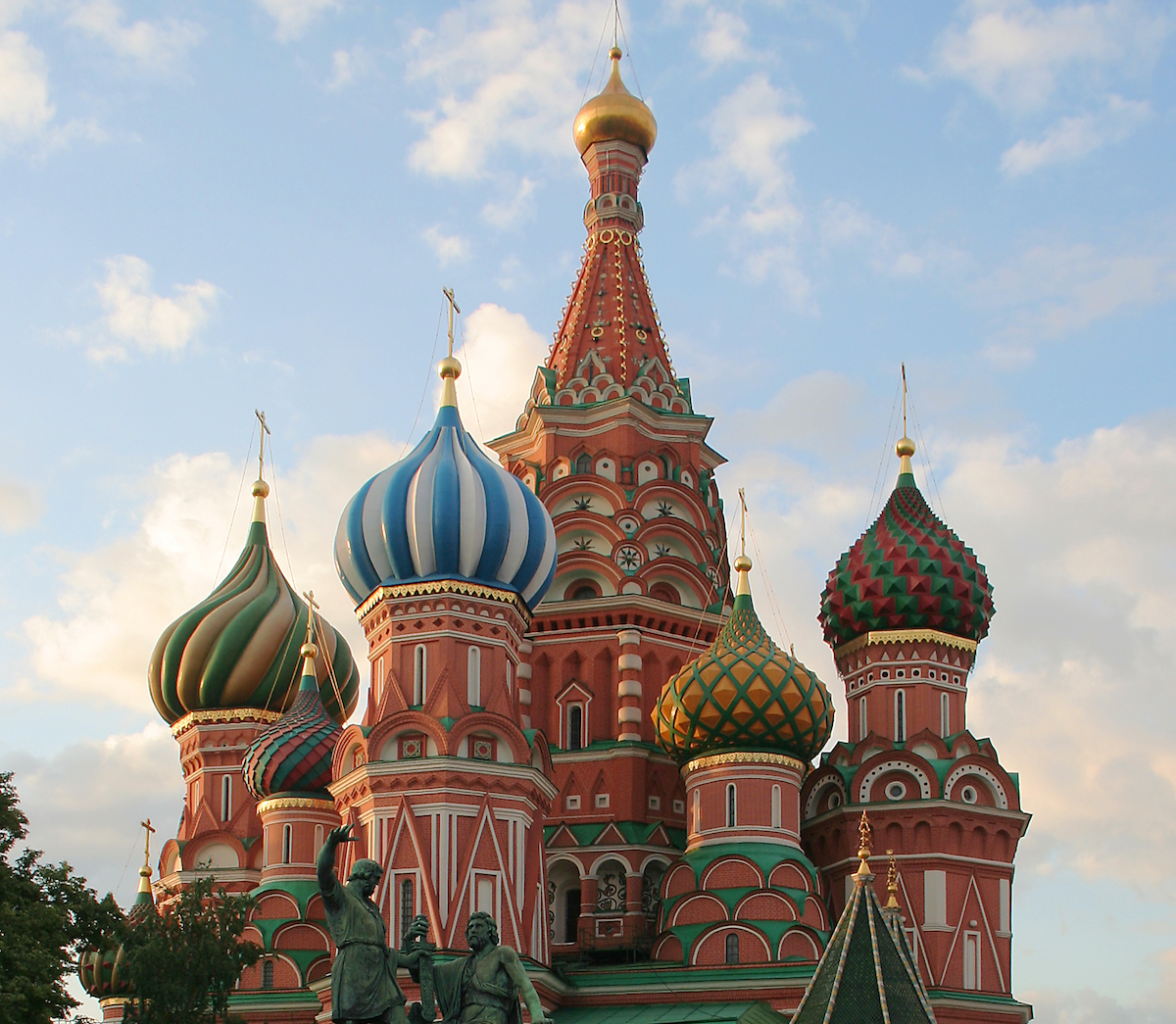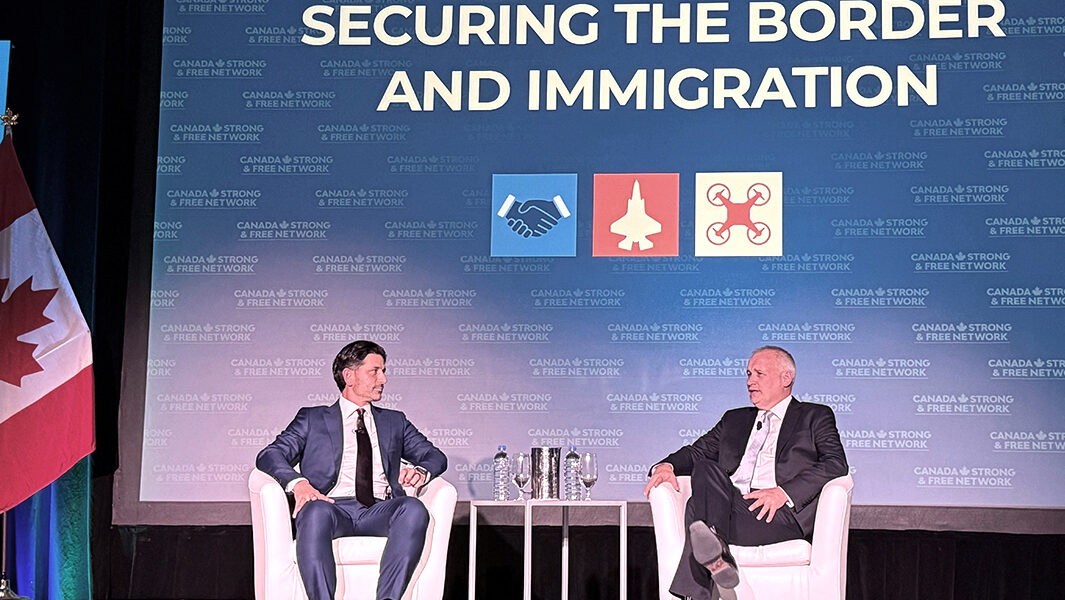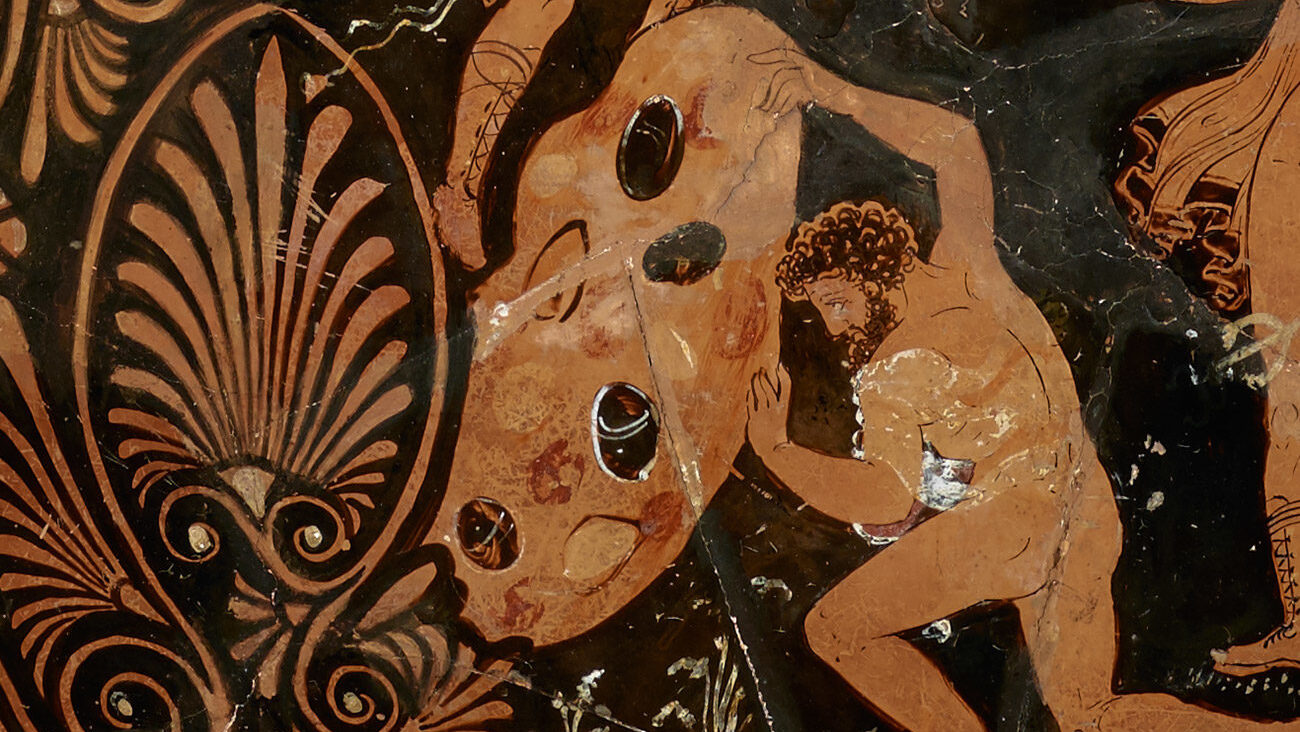Euphoria was widespread, but the opposition still had to face the cold reality of Putin’s United Russia winning some 75% of the seats across the city. Voter turnout was extremely low, half of last year’s parliamentary elections. It was inevitable that United Russia would win all 16 places for regional governors.
As usual, about 600 complaints of voting fraud were filed in Moscow. In fact video footage showed a district official instructung polling station staff how to falisy the voter count. In Yekaterinburg, Russia’s fourth largest city, the popular mayor and opposition-friendly candidates in most regions were kept off the ballot by Kremlin-loyal election officials.
Observers say that many consider it a moderate advance in gaining a foothold in Moscow’s political process, but point to Putin’s sustained high popularity even admist the Kremlin’s discernible shift to increased autocracy and distain for honouring simple civil liberties. It’s said that many Kremlin politicians self-identify as progressive Westerners, coping with a backward, stagnant society devoid of any urge or ability to democratize.
Homo Sovieticus’ life span is as long as the most pessimistic predictors stated at the Soviet Union’s collapse in 1991 twenty eight years ago. A group of sociologists led by Yuri Levada studied the phenomenon of the Soviet Man constructed of double think, paternalism, suspicion and isolationism. Since then these researchers have witnessed the Soviet Man undergo mutation and reproduction, acquiring new characteristics such as cynicism and aggression.
These characteristics fit seamlessly with the notion that enemies are everywhere. Putin has rediscovered Soviet symbols and none has been more powerful than that of Russia surrounded by menacing adversaries. He encourages the adoption of a version of history whereby Josef Stalin is the embodiment of Russia’s greatness. The brutal repressions were unavoidable, just a misfortunate contra-indication of a chronic confrontation with an aggressive United States. Thus Putin has cleverly adopted one of Stalin’s favourite notions – that of Russia as an isolated and besieged fortress.
Internally the Soviet/Communist ideology has gone, but the mechanism for maintaining political power remainas in full force. Key governmment institutions and media such as the police and security services, the courts, television and education are wielded by the Kremlin and its acolytes to protect their own power and wealth. It’s interesting to note that the presidential administration still occupies the facility that once housed the Central Committee of the Communist Party.
Observers say that three circumstances seem to place the anti-Putin, anti-Soviet movement at an apex in its activity: a decline in economic/social well-being of society; the intensifying of the Kremlin’s autocratic rule; and the increasing restrictions on free speech and expression which strengthens the anti-Putin ethos. Many say that the growing societal unrest can be consolidated by politically dynamic leadership. One must note that Putin will hardly allow such leadership to evolve and will use all and any active measures to eliminate it.
Journaliast Vladimir Pozner, a self-described former Soviet propagandist, has commented that Russia’s most serious problem is the political power nestling in the hands of “Soviet people” at a time when life has radically changed. He predicts that governmental power will slowly evolve in a progressive way towards democracy only when representatives of the younger and freer generation have assumed authority in some ten years. Poszner is one who has enjoyed the blessings of the Kremlin. One can ask: Does it help matters by remaining immovably pessimistic? Or does an abiding optimism weaken our yearning for change?
Laas Leivat, Toronto



